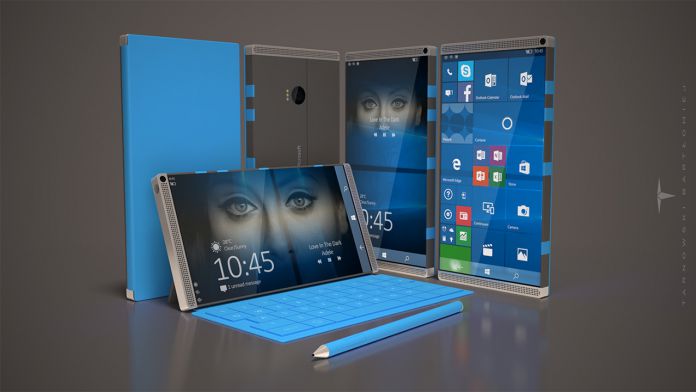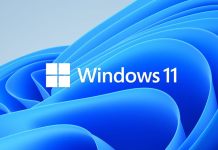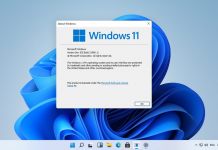“Win32 app compact for OneCore-based container operating systems Windows Core OS platform developer,” reads the posting. This indicates that Windows Core OS will support legacy Win32 apps, which was previously unconfirmed. OneCore modules hold kernel, power management, network, security, and storage components to reduce instability with the rest of the OS. Jennings also worked on validating the Windows Driver Model and Windows Driver Frameworks for WCOS:
“WDM and WDF driver validation for Windows Core OS OneCore platform developer Microsoft device platform engineer OS componentization and composition Refactoring Windows components to support the next generation of Microsoft products”
The Future of Windows
All of this seems to confirm that Microsoft is still hard at work on Core OS, which will be a very important step for the company. Reports suggest it will be a fully modular version of Windows, able to adapt to devices of the future like foldables on the fly. Rumors pen it as a ‘common denominator’ for Windows, it’s flexibility significant in the push to make Windows 10 truly universal across devices. It’s previously been seen in code references as ‘Andromeda OS’, and Microsoft’s rumored Andromeda foldable is thought to run it as a result. Microsoft has been highly secretive about WCOS in the past, but now may be the time for it to show its hand. We’ve seen apps on the Store, other LinkedIn leaks, language packs, and PowerPoint slides. The company’s Build 2019 developer conference in May would be the perfect time for to reveal it to the world, but we’ll just have to wait and see.




